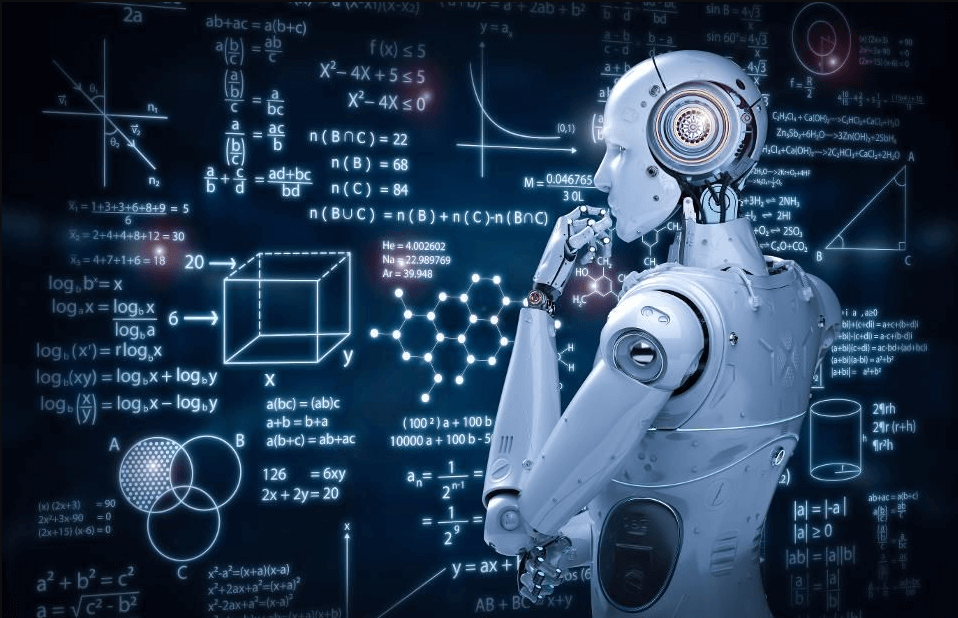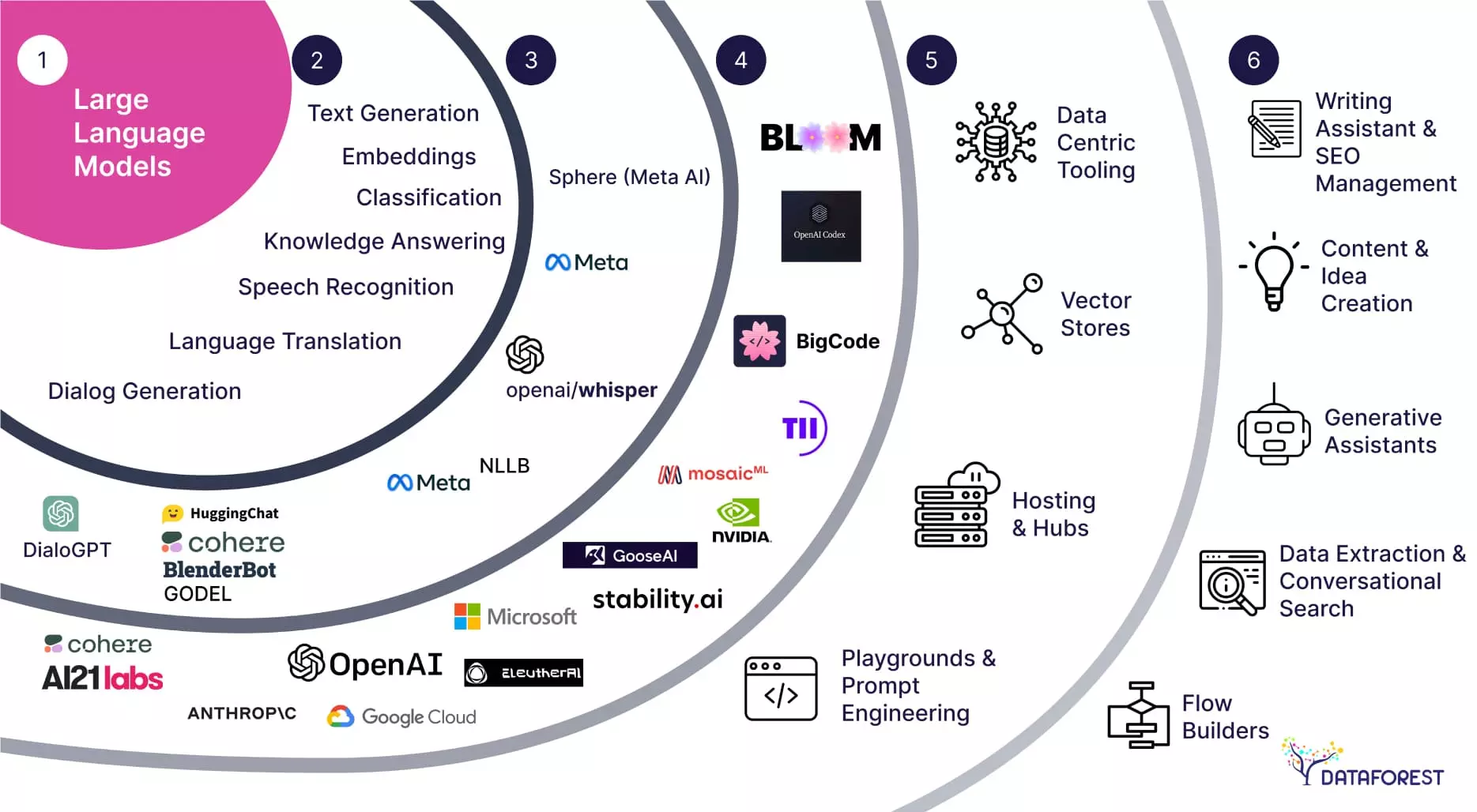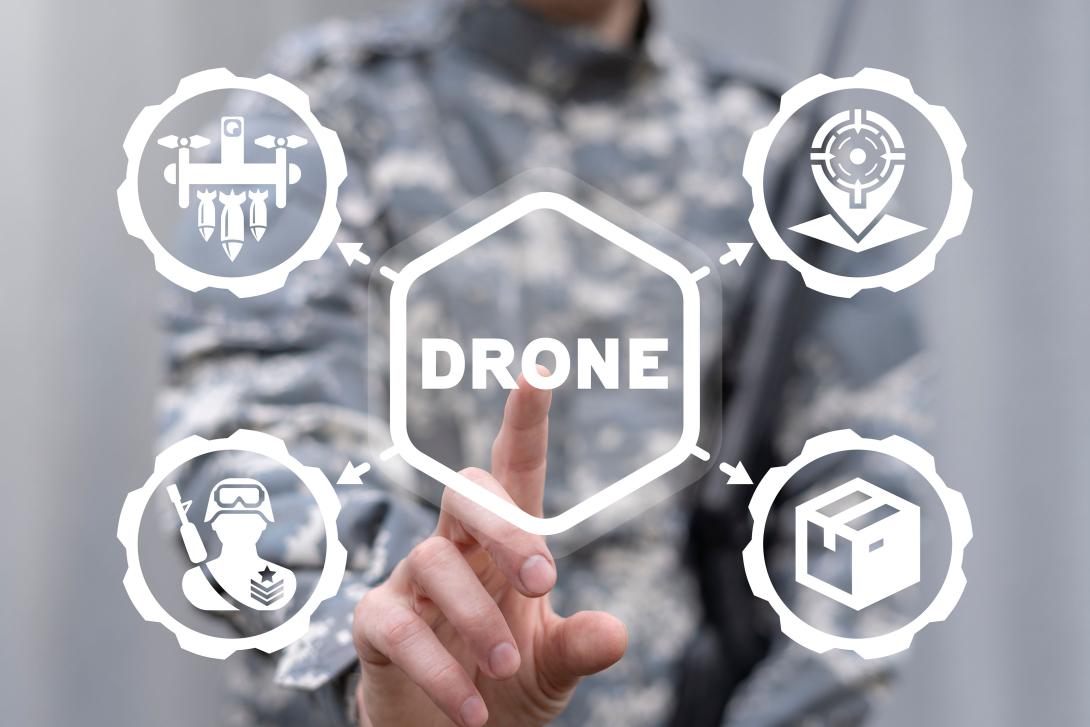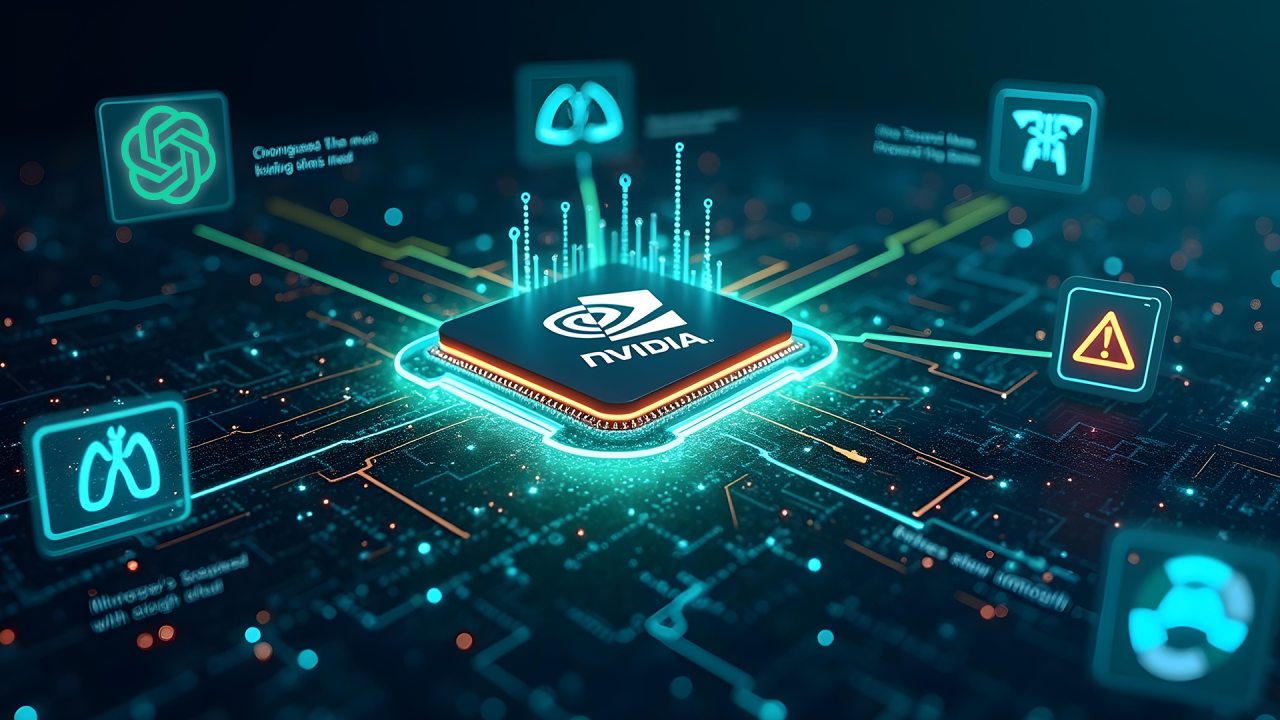How AI Will Bring Prosperity to Everyone in the Future, According to Experts
The upcoming revolution of Artificial Intelligence (AI) brings enormous potential advantages for companies and regular users in business operations. During MWC 2025 in Barcelona, AI expert Jürgen Schmidhuber predicted that AI progress will lead all parts of society to gain significant wealth, according to his vision.
AI’s Expanding Role in Innovation
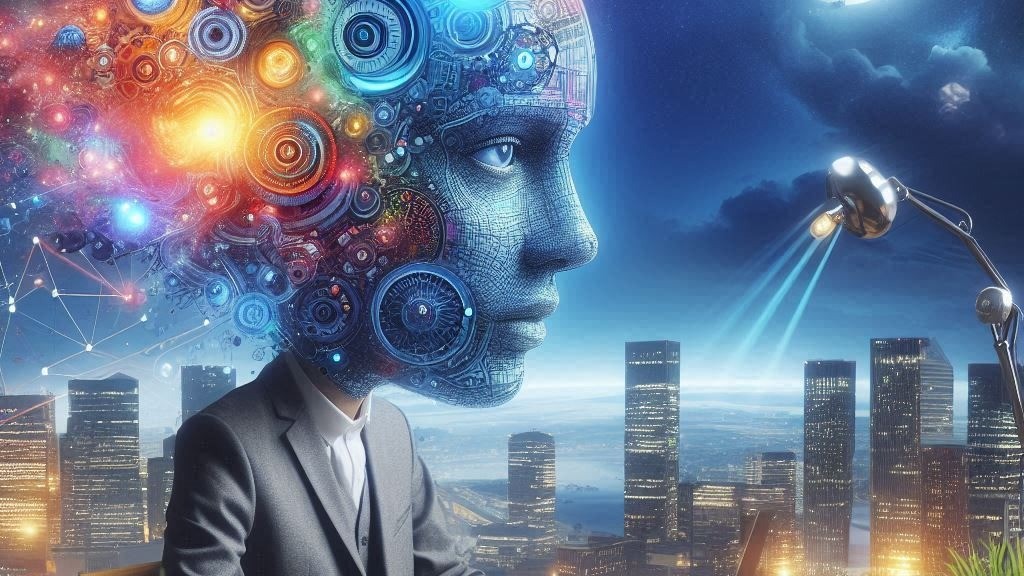
For many years, Schmicdhuber has actively researched AI before becoming known as the “Father of AI.” At MWC, Schmicdhuber explained how AI consistently advances to become more powerful and available while prompting greater operational efficiency along with innovation creation and economic possibilities. The productive potential of AI will escalate at an unprecedented rate through its integration across healthcare, finance, manufacturing, and entertainment industry sectors.
Several businesses across the globe operate AI systemsthath help them make better operational choices as well as tailor customer interactions and boost their decision-making capabilities. AI drives businesses to expedite their workflow streamlining and develop innovative productsthath seemed unattainable in the past.
Understanding ‘Profit Greatly’ from AI
Schmidhuber intends to illustrate a wide range of benefits when he states that AI will produce significant benefits for everyone. The definition extends to multiple forms of advantages that include:
Economic Growth
AI technology will supply global economic expansion through enhancements to manufacturing efficiency combined with price cuts linked to savings and new development opportunities. Organizations implementing AI programs will receive considerable monetary benefits, and AI infrastructure investment by nations leads to higher national GDP growth rates.
Job Creation and Transformation
The introduction of AI into certain repetitive tasks produces job opportunities for new positions in AI development and data science, along with cybersecurity and AI ethics. AI technology assists job progression by performing routine operations so that workers can dedicate their attention to critical and innovative work methods.
Enhanced Quality of Life
Through AI-powered healthcare solutions, the diagnosis process becomes more accurate, and treatment plans become specific to patients at the same time that new drugs emerge that generate superior health results. A combination of intelligent assistive systems, automated services, and better entertainment benefits will create more efficient and satisfying daily activities through AI technology.
Business Competitiveness
The implementation of AI by companies allows organizations to create operational efficiency together with higher customer satisfaction and improved market position. Extreme data analysis through AI generates opportunities for businesses to maximize their revenue as they optimize logistics, thus securing market leadership positions.
Scientific and Technological Advancements
AI technology speeds up research advancement in multiple areas that include both climate change response and space research. Benefits to human society stem from Artificial Intelligence products that simulate and predict alongside automated complex work processes.
AI-Powered Technological Breakthrough
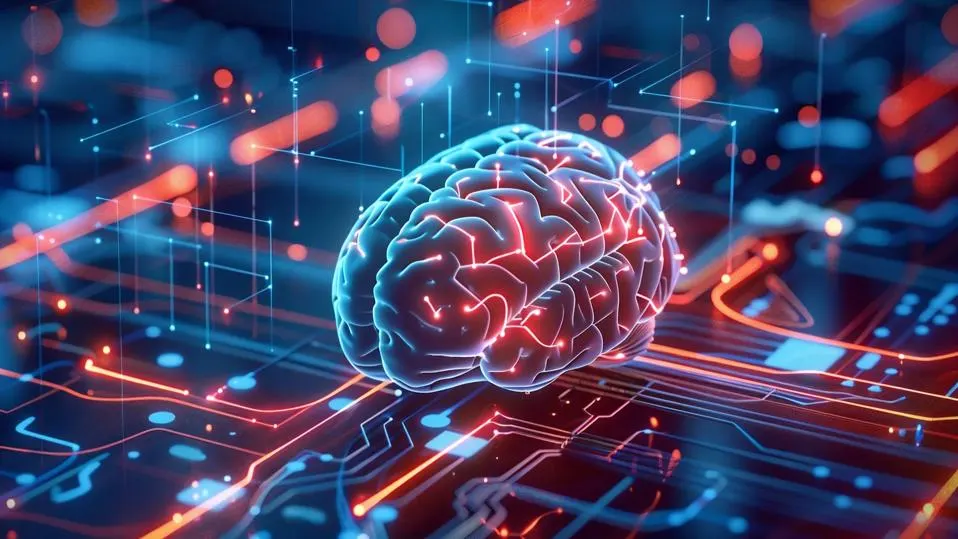
MWC 2025 showcased future AI-based products at presentations with revolutionary innovations from companies. The Mate XT Ultimate smartphone became the star attraction at MWC 2025 because Huawei presented breakthrough mobile technology features. Current devices now incorporate AI functions that include progressive image analytics with voice processing and immediate language conversion capabilities to enhance user experiences and operational speeds.
AI technology enables industry-wide alterations besides consumer electronics through its contribution to improve supply chain management with predictive analytics and autonomous systems. The use of AI diagnostics to find diseases and create treatment strategies in Healthcare can lead to the survival of thousands upon thousands of people.
The Economic and Employment Impact of AI
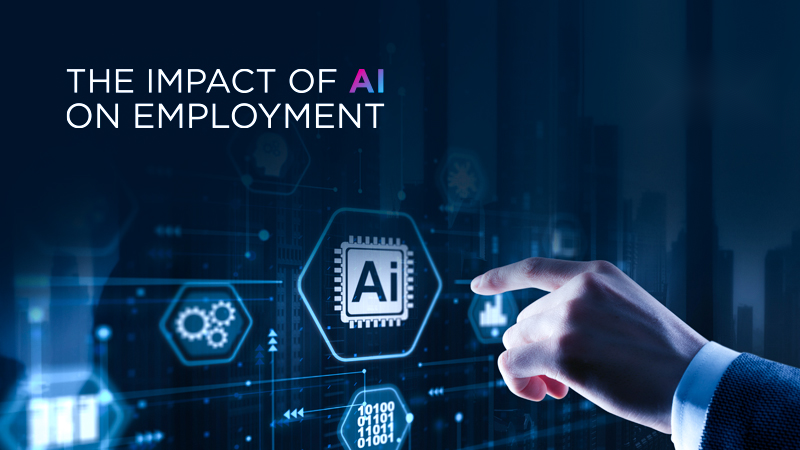
The extensive advantages of AI generate worries about job stability among employees. AI and National Security Lead at the Future of Life Institute Hamza Chaudhry pointed out that automation caused by artificial intelligence technology is set to challenge typical employment practices. He advocated that workers should take an active role in influencing corporate leadership and governmental policies for fair management of the economic effects resulting from AI.
AI systems can eliminate existing jobs, but various experts say this process will simultaneously generate new positions in upcoming industries. AI success depends on workforce development through increased competency and second professional skill acquisition to match changing work requirements. Governments and businesses must unite to establish educational programs that teach employees the capabilities they need to succeed in AI-powered economic environments.
Ensuring an Inclusive AI Future
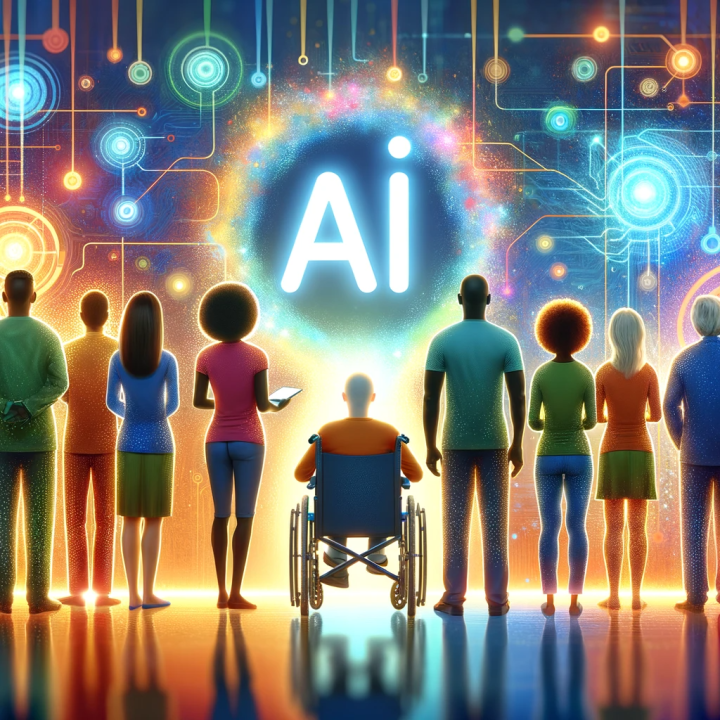
Society needs effective action to handle ethical issues while achieving fair distribution of AI benefits. All stakeholders must join forces to design rules addressing both ethical AI progress and undesirable utilization in AI development.
Amazon Web Services (AWS) creates specific AI research groups to develop ethical AI functions and governance systems. The approach at MIPS and similar organizations now focuses on AI robotics development and chip manufacturing as they join industry-wide efforts for ethical AI innovation practices.
AI Future of AI-Driven Prosperity
The future depends essentially on Artificial Intelligence because AI demonstrated its permanence at MWC 2025. AI demonstrates a dual capability of enhancing business performance along with creating economic growth prospects, which enables it to advance worldwide prosperity. A successful AI-powered future demands combined efforts to solve workforce-related problems together with resolving ethical issues and policy structure development.
The right strategic approach will sustain AI capabilities to empower both individuals and organizations so they can “profit greatly” during future years. AI is illuminating an optimistic path forward that continues developing just beyond the present.
If you are looking for high-quality web or app development services feel free to drop us a message. We’re always happy to help you bring your digital projects to life!





